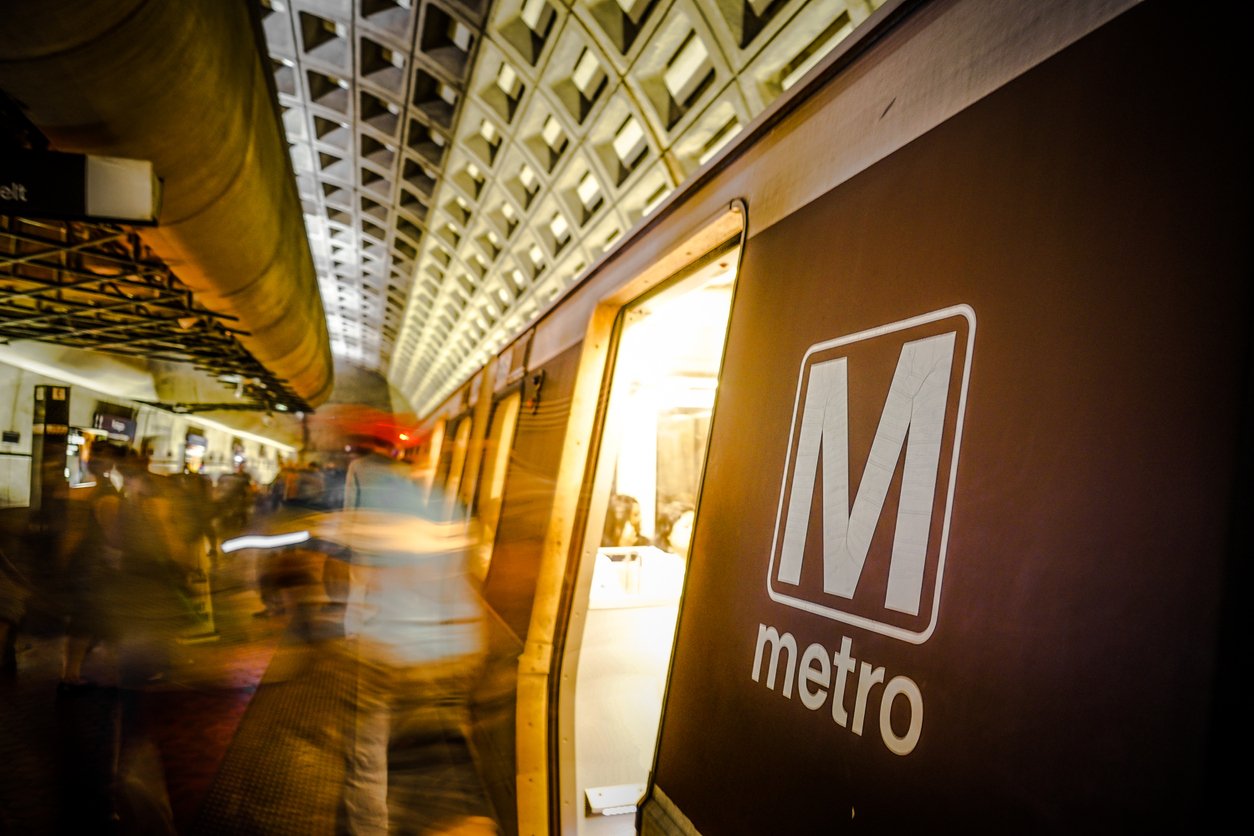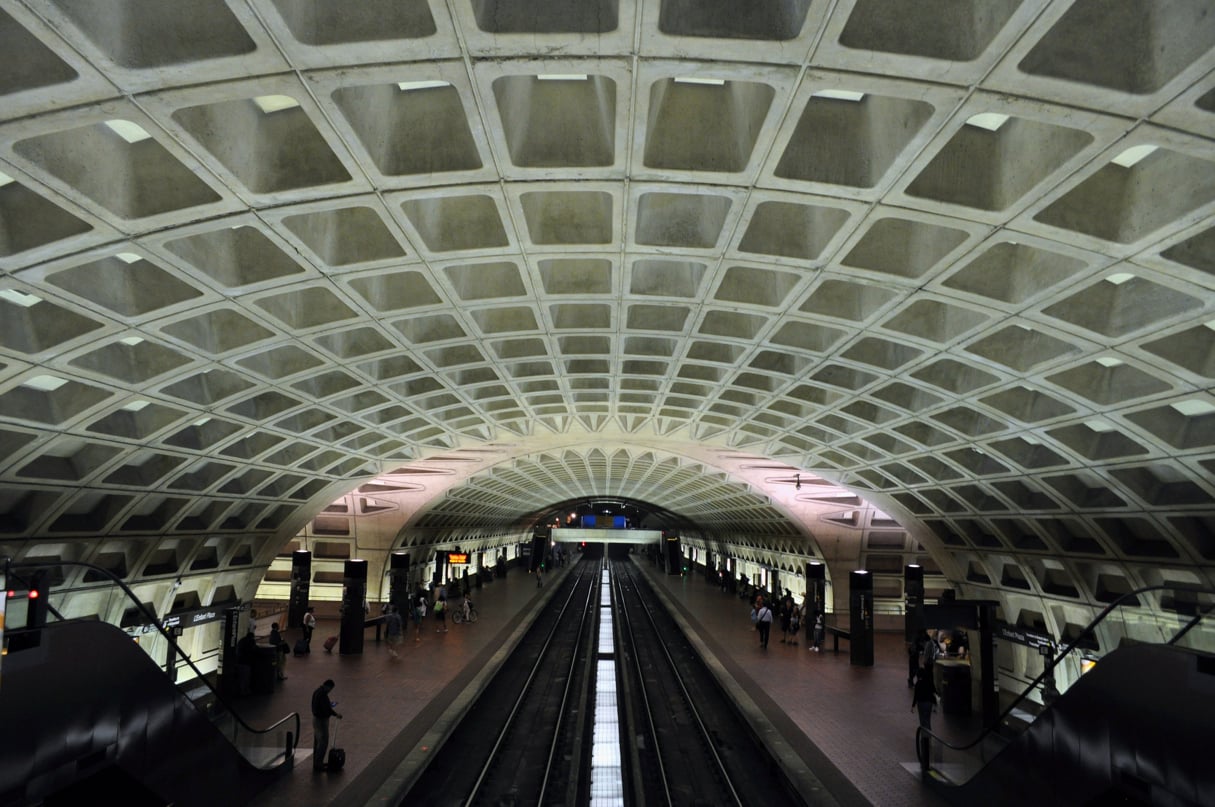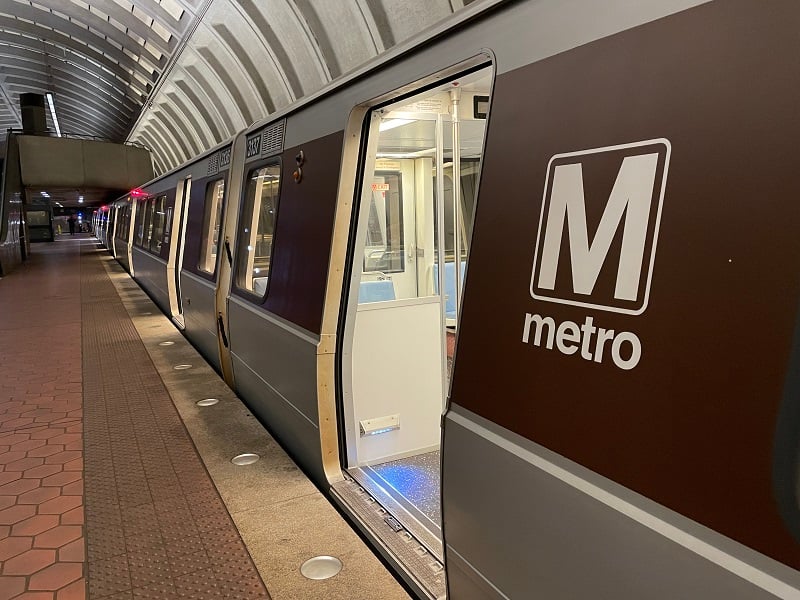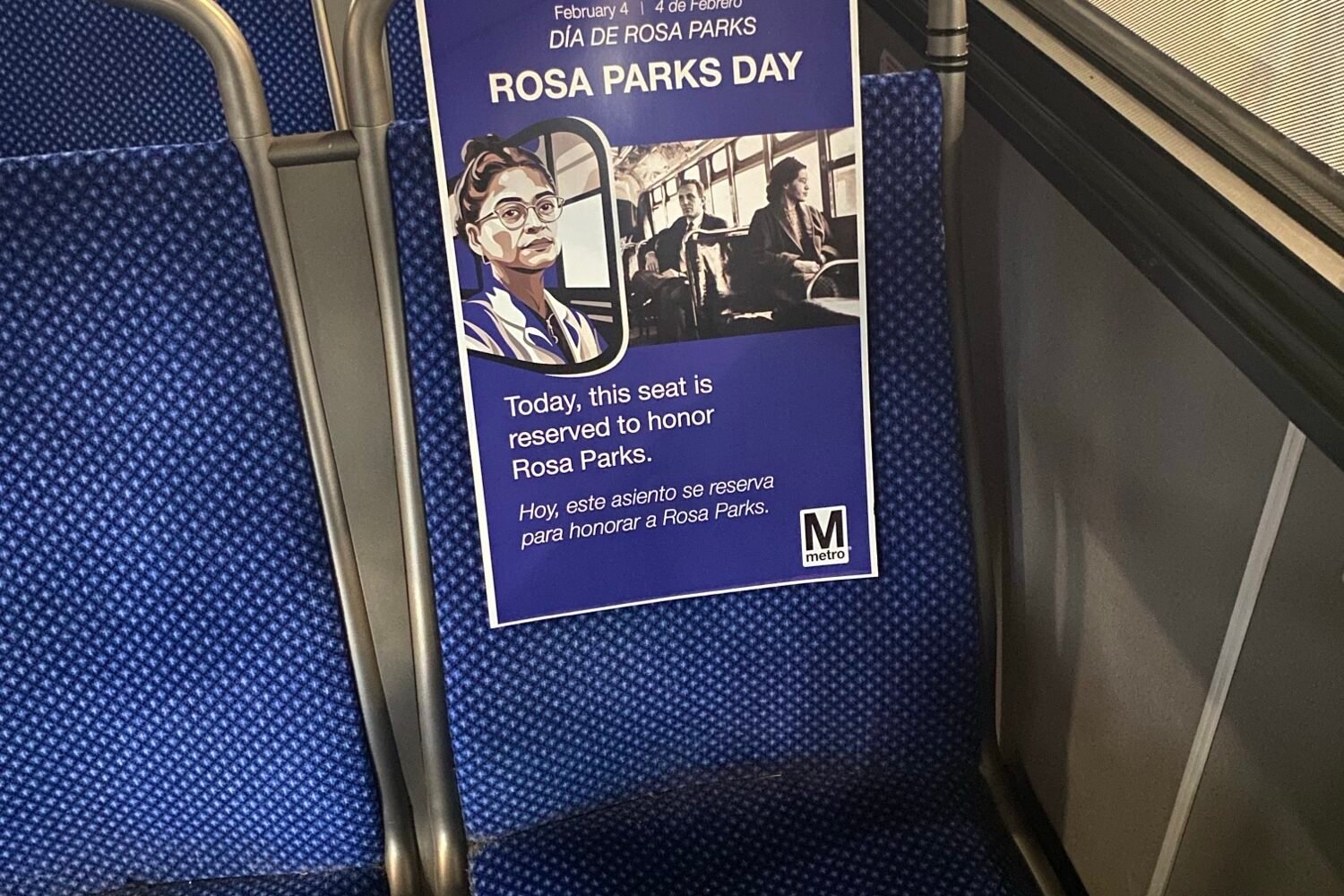A new audit of DC’s Metro found its workplace fostered a culture of racism and sexism and frequently operated under unsafe conditions. Conducted by the Washington Metrorail Safety Commission, the audit describes the workplace culture as “antithetical to safety,” and says some of these safety issues have gone unresolved for decades. Metro has 45 days to respond with action plans for each of the Commission’s identified problems.
Here are some of the most disturbing problems the audit revealed.
Management frequently restores power and remotely controls consoles without making sure the tracks are clear
Controllers said managers put the importance of keeping trains on time above the interest of safety. Managers frequently told controllers to restore power without ensuring that first responders and others were off the tracks, and in a December 10, 2019 incident, power was restored while emergency personnel were still on the roadway.
Managers would also routinely remotely manipulate controller consoles without coordinating with the controllers, which the audit warns “could create conflicts or lead to trains entering areas they do not belong, which could lead to a collision, derailment, or other dangers.” In one instance, a work zone indication was removed from a controller’s screen, even though work crews were still on the tracks.
Employees are told to ignore safety checklists
Management members as high up as Vice President of Rail transportation have instructed employees to ignore standard safety procedures and checklists, the report says. This has been an unresolved problem since the early ’80s. “Every incident you have, people are telling you different things while you’re trying to monitor the radio,” one controller said. “They will tell you one thing. Before you can do it, they are telling you to do something else.”
In some instances, management would threaten controllers with arrest or termination if they tried to follow procedures or ask questions about safety concerns. “When management comes down to the console, they talk [to] you any old way. They yell. They curse,” a controller said.
Because of this culture, many employees reported they “didn’t see the value” of reporting safety problems. In the audit, controllers identified areas with track problems near 16 Metro stations and the Yellow Line bridge where trains regularly lose speed commands. Many say these track problems have existed for years, and can result in accidents and collisions, as in the case of the October 2019 collision near Farragut West that injured two train operators.
Harassment in the workplace is a common experience
Multiple controllers expressed concern about racist, sexist, and homophobic remarks that had been made in the workplace. One controller reported hearing a manager say, ““You don’t listen because you are nappy headed. If you don’t train this student, I will have [Vice President of Rail Transportation] come down and walk your black a** out of here.” Others reported disturbing comments made towards female colleagues, including, “I wonder if you taste as good as you look.”
There were also some reports of physical harassment and the potential intoxication of a lower level manager.
Safety training is a lax, at best
One controller said Metro’s training “Doesn’t prepare you for the job. You are starting over after training when you hit the floor.” Multiple employees said the formal training was lax at best, and that management would frequently instruct employees to ignore safety procedures imparted during training.
This lack of training left employees unfit to handle emergencies and unclear on the chain of communication. For example, “In an interview tied to the July 7, 2020 Silver Spring derailment with an OEM liaison on duty at the time of the accident, that liaison indicated he received no specific training on how to fill the role, was unfamiliar with incident command, stated he did not use checklists in the role, and was unfamiliar with relevant standard operating procedures.”
Even the safety procedures that were in place were cause for concern. Employees are directed to assume that any report of smoke or fire is a false alarm, and to send a station manager to investigate the potentially dangerous scene before calling 911. During a smoke event near Capitol Heights on June 6, a station manager reported the smell of smoke, only to be questioned multiple times about whether it was brake dust. Trains continued to move into the area, the station manager evacuated customers nine minutes after the first report of smoke, and another train came into the station shortly after that decision. Employees are also not trained how to use emergency fans in case of a fire.
Employees are overworked
WMATA’s policy says controllers can’t work more than 6 consecutive days without 24 hours off, but a review of schedules for this year showed multiple controllers working 10 to 20 consecutive days, with some employees working as many as 26, 28, and 29 consecutive days with no time off. Controller shifts are also not supposed to exceed 12 hours with 12 hours off, but multiple employees said their shifts exceeded that time parameter.
Employees are also not allowed to take breaks during their shifts, and employees reported managers would even raise questions when they went to the bathroom.


















